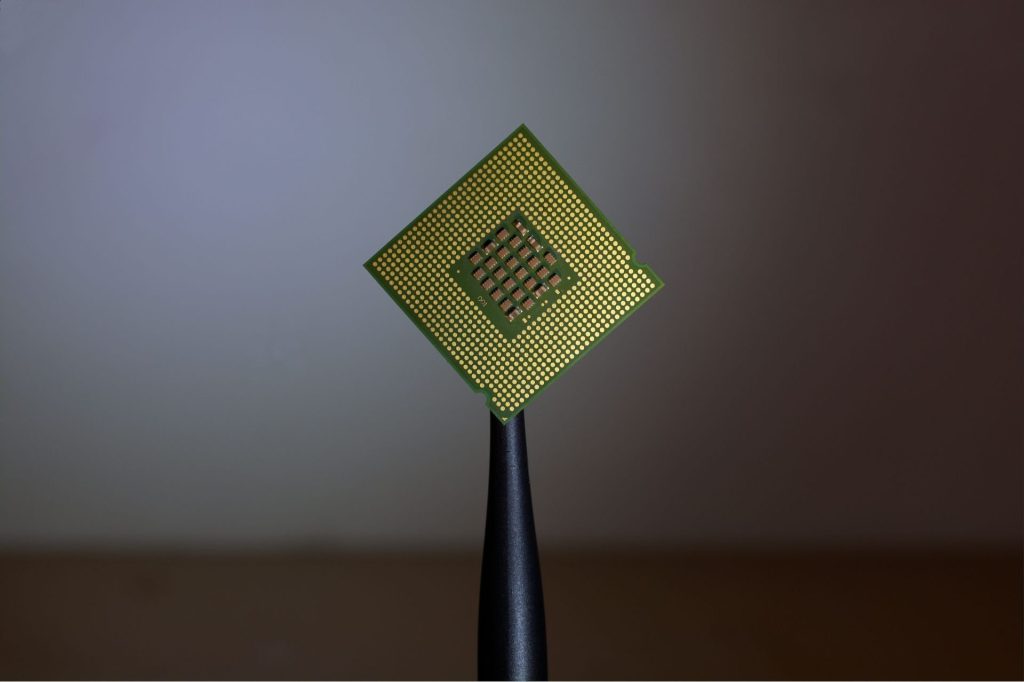The United States has announced comprehensive regulations governing the international distribution of artificial intelligence computing capabilities. The new framework establishes a sophisticated three-tier system for managing access to advanced AI processors and computational resources worldwide.


This strategic initiative extends far beyond previous China-focused restrictions, creating a nuanced global architecture for AI technology access. The framework strategically allocates computing resources, ensuring privileged access for close allies while implementing precise controls for other nations.
The timing is significant, emerging during the transition between the Biden and Trump administrations. Commerce Secretary Gina Raimondo emphasized America’s current leadership in AI development and chip architecture, highlighting the critical importance of maintaining this advantage.
The regulations specifically target high-performance graphics processing units (GPUs) – the fundamental building blocks of AI infrastructure. This directly impacts industry leaders like Nvidia and AMD, whose share prices reflected market concerns about potential revenue implications.
Interestingly, the framework creates a specialized pathway for major cloud providers. Companies like Microsoft, Google, and Amazon can seek global authorizations, potentially circumventing certain restrictions while adhering to strict security and human rights protocols.
The policy establishes three distinct global tiers: approximately 18 trusted allies with essentially unrestricted access, about 120 nations subject to specific quotas, and restricted countries facing complete technological embargoes. Cloud service providers must maintain strict proportions of their AI computing power deployment: maximum 50% outside the US, 25% beyond tier-one nations, and 7% in any single non-tier-one country.
Industry reaction has been notably critical. Nvidia characterized the measures as overreaching, while Oracle warned about potentially ceding market share to Chinese competitors. The Chinese Commerce Ministry has indicated its intention to protect its interests through countermeasures.
The framework could also accelerate the development of specialized AI chips and alternative computing architectures, potentially creating new market segments and opportunities for innovation in AI hardware and software infrastructure.
Written by Alius Noreika





